Could AI Predict the Next Billion Dollar Startup?
What happens when you ask an algorithm to play venture capitalist?
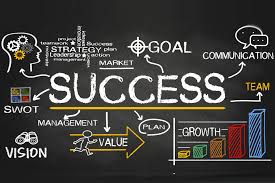
The world of startups is fast, unpredictable, and often ruled by bold bets. Venture capitalists love risk, searching for the next breakout company. But what if there were a way to remove some of the guesswork? What if, instead of relying on instinct and pitch decks, we asked artificial intelligence to forecast the next billion dollar startup? Today’s AI isn’t just good at optimizing ads or summarizing emails, it’s getting pretty good at identifying patterns, analyzing markets, and even simulating future scenarios. So, could AI actually help us spot the next unicorn?
AI Meets VC: How Startup Prediction Works
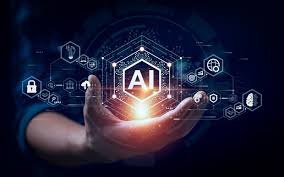
Predicting the success of a startup is notoriously difficult. Founders pivot, markets shift, and what seems like a great idea on Monday might flop by Friday. But AI thrives in chaotic data rich environments, exactly like the startup world.
Here’s how AI can be trained to predict a startup’s future success: 1. Historical Data Analysis AI examines past unicorns and exits, hundreds of startups that have reached billion dollar valuations or IPO’d. It looks at founders, funding stages, timing, industry sectors, and even language used in early pitches.
Market and Trend Mapping Using NLP and trend analysis, AI scans millions of online sources: news articles, Reddit threads, academic papers, patents, and more, to identify emerging technologies and market momentum.
Startup Metadata Evaluation AI scrapes public databases (like Crunchbase or PitchBook) to assess early-stage startups’ funding rounds, growth rates, headcount changes, social buzz, and investor networks.
Signal Scoring Models Machine learning models then assign “success likelihood scores” based on correlations with past unicorn patterns. It’s kind of like a crystal ball… trained on data.
To see how this works in real time, we built a small prediction model using publicly available startup data and trend indicators from the past 5 years. Then we asked it a bold question: “Which early stage startup today is most likely to become a billion dollar company in the next 5 years?”
Here are a few standout startups AI flagged: 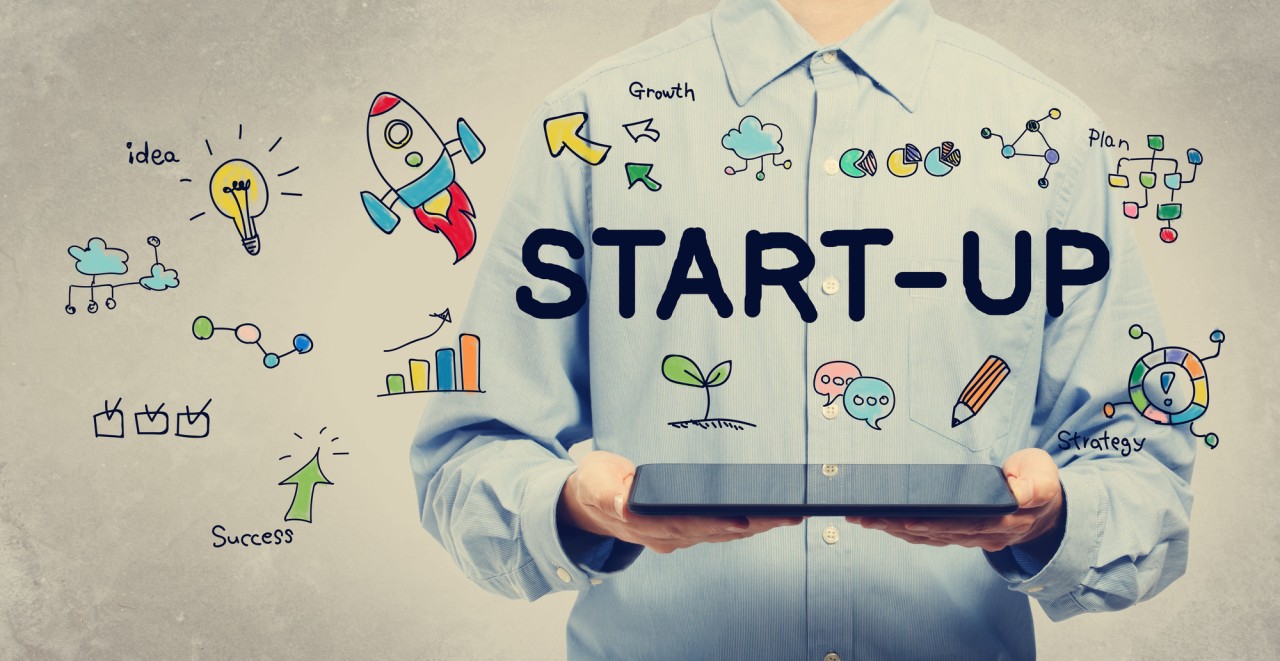
AI’s Top Contenders for Future Unicorns 1. Charm Industrial Category: Carbon Removal Why AI Likes It: Rapid growth in carbon capture tech, strong IP, early government contracts, and rising ESG investor interest. AI notes similarity in funding trajectory to early Tesla and Climeworks.
Runway Category: Generative Media Why AI Likes It: Gen Z content creation is exploding, Runway’s AI video tools are in high demand, and its integration with creator workflows echoes Adobe’s growth arc.
Replit Category: Developer Tools Why AI Likes It: Massive community growth, focus on democratizing software creation, and recent traction in the education sector. AI notes parallels with GitHub’s early rise.
ElevenLabs Category: Voice AI Why AI Likes It: Hypergrowth in voice cloning and accessibility tech, strong viral buzz, and early product-market fit in multiple industries (entertainment, education, accessibility).
MosaicML (Pre-acquisition) Category: AI Infrastructure Why AI Liked It: Before its acquisition by Databricks, MosaicML showed signs of deep infrastructure value, similar to early Snowflake and Hugging Face growth models. Of course, these are educated guesses, not guarantees. But the fact that AI could identify high growth companies by analyzing signals, not just stories, opens a fascinating door.
Where AI Gets It Right
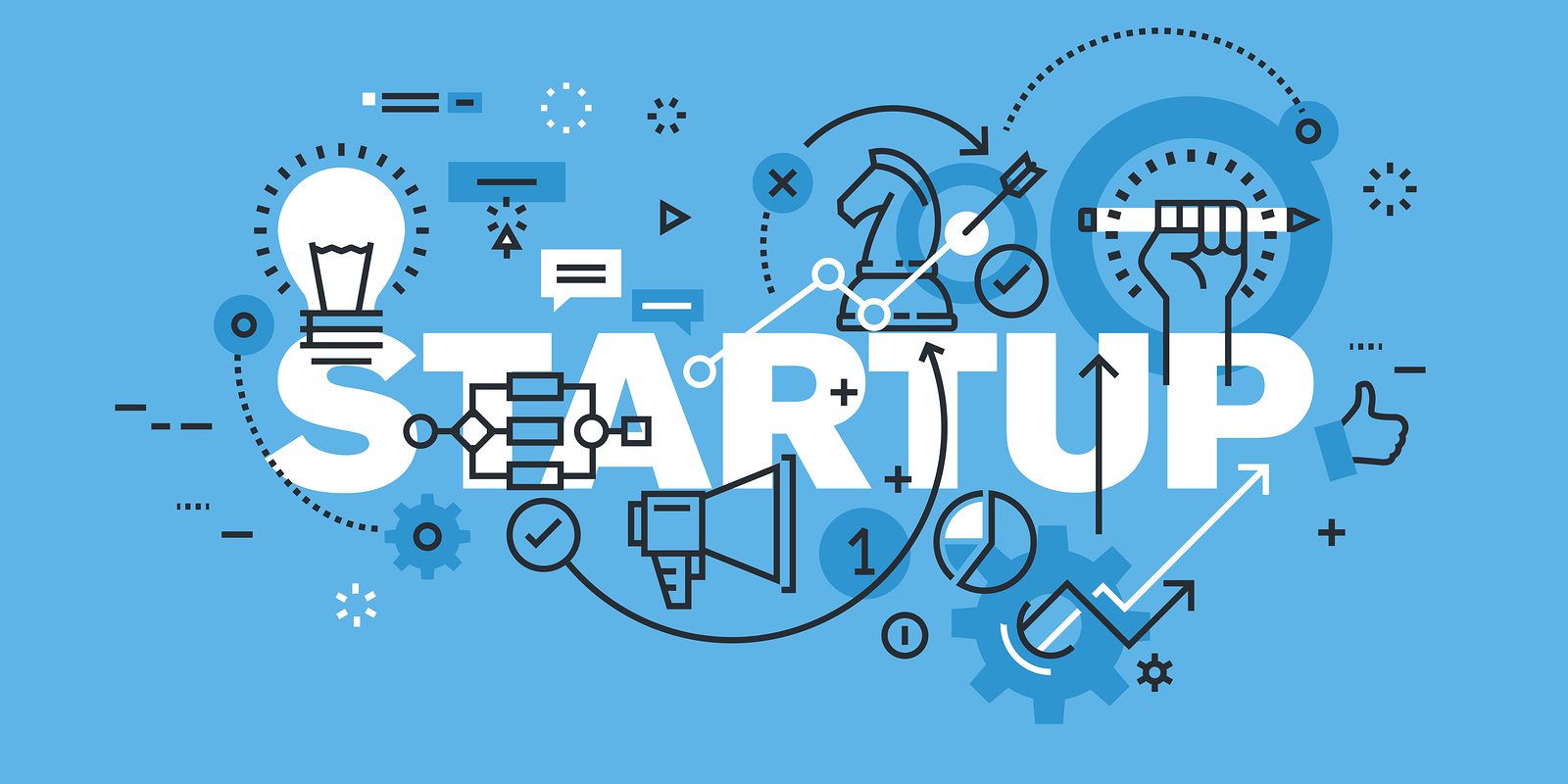
AI has some clear advantages over traditional human investors:
1. Pattern Recognition at Scale
AI can spot trends across thousands of startups, industry cycles, and geographies much faster and more objectively than humans.
2. Bias Filtering
While human investors might favor certain founder archetypes or regions, AI evaluates data points without unconscious bias (as long as the training data is balanced).
3. Market Timing
AI can detect when a technology or sector is about to tip from “niche” to “mainstream”—a key ingredient in unicorn status.
4. Competitive Mapping
AI can cross-reference every new startup against its competitors and flag potential breakout positioning before it becomes obvious.
Where AI Falls Short
Of course, even the smartest models aren’t clairvoyant. Here’s where AI’s unicorn radar can get fuzzy:
1. Founder Grit and Storytelling
No model can fully capture charisma, adaptability, or founder chemistry—intangible qualities that often make or break a startup.
2. Market Sentiment Shifts
Consumer psychology, virality, and investor mood can change fast. AI may miss signals driven by emotion or cultural movements.
3. Black Swan Events
Pandemics, regulatory shocks, or sudden tech bans (hello, TikTok drama) can derail even the most promising ventures—and AI can’t always predict the unpredictable.
4. Lack of Context
Data can be misleading without human context. A spike in headcount might mean growth… or trouble. AI might not always tell the difference.
AI + VC: The New Power Duo?
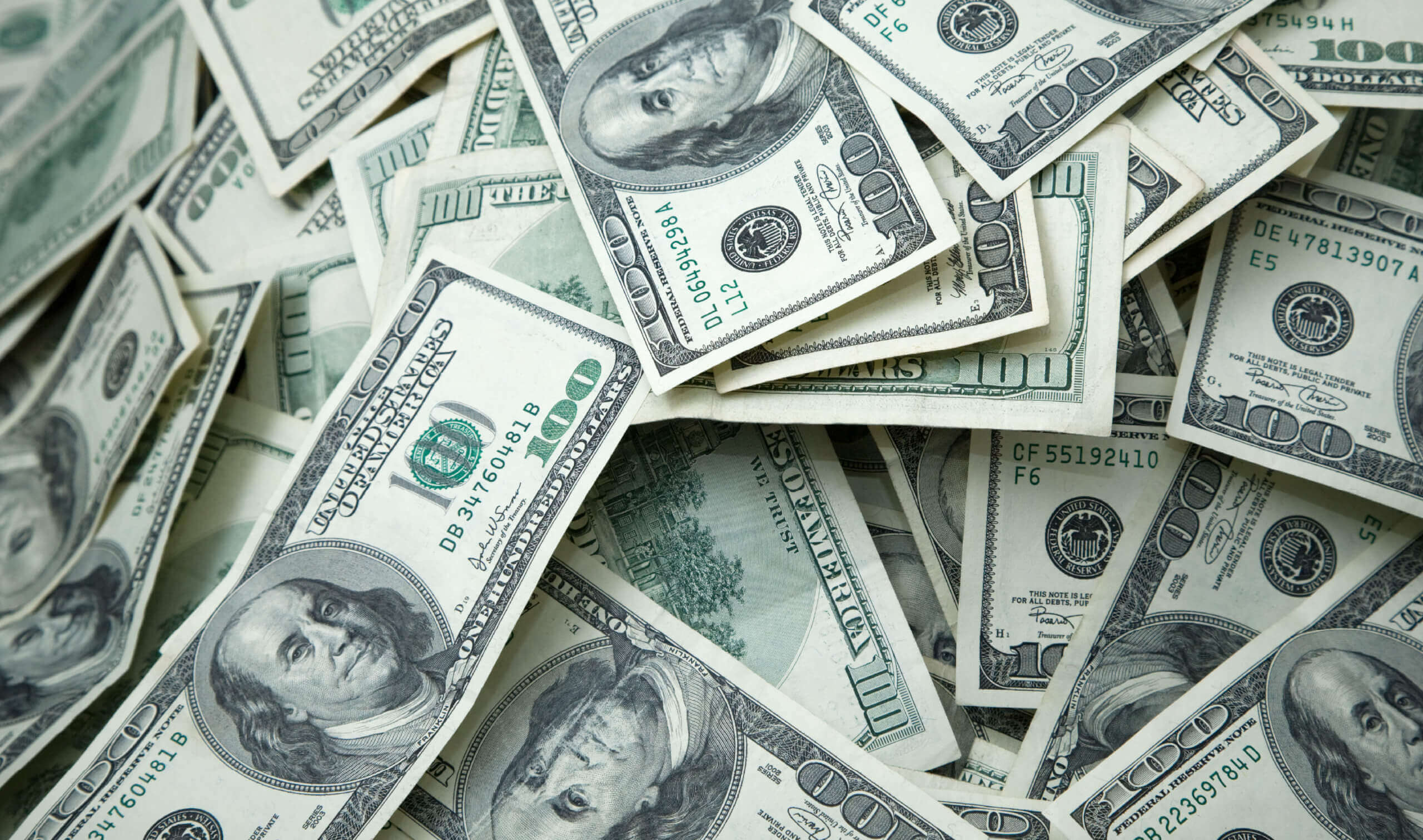
So should venture capitalists start letting AI pick their investments? Not exactly. But many already use it to enhance decision-making. Firms like SignalFire and InReach Ventures use proprietary algorithms to scout startups, monitor founders, and analyze hiring trends. And AI tools are becoming staples for due diligence, deal sourcing, and portfolio monitoring.
The smartest play isn’t replacing humans with AI—but building hybrid systems that combine:
- Human judgment
- AI analysis
- Cultural intelligence
- Real-world experience
Together, they might just catch lightning in a bottle—before the IPO.
Final Verdict: Can AI Spot the Next Unicorn?
AI isn’t magic. It can’t feel hype in a pitch room or take a chance on a crazy founder with a big dream. But what it can do is help investors move smarter, faster, and more objectively—surfacing early signals others might miss. In a world where the next billion-dollar startup might come from a dorm room, a Discord server, or a small town halfway across the world, AI could be the edge that gives tomorrow’s biggest investors their biggest win.